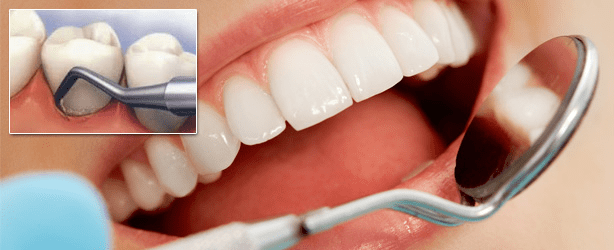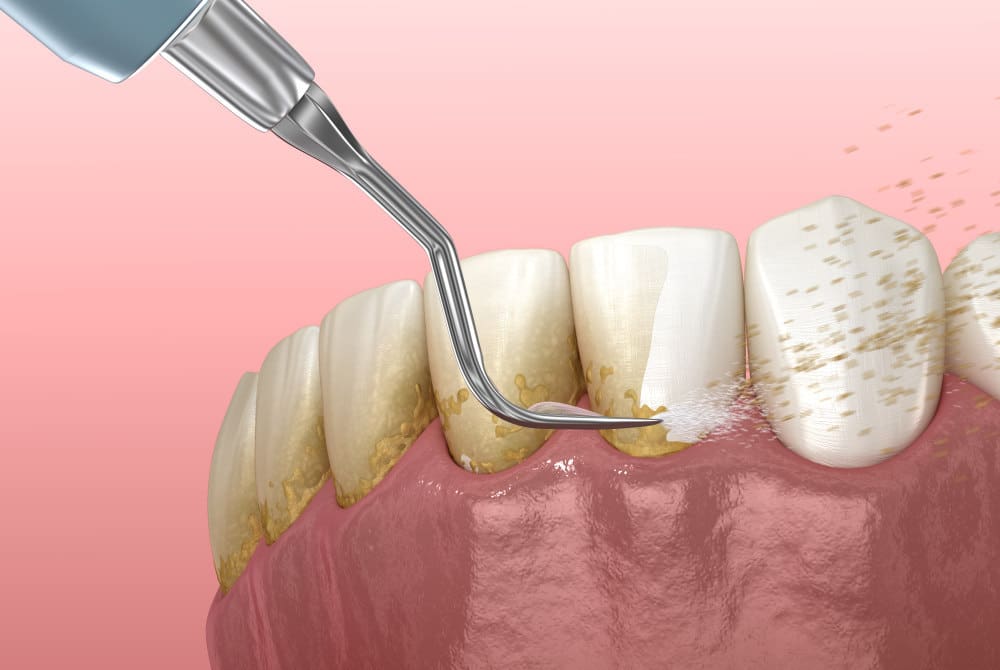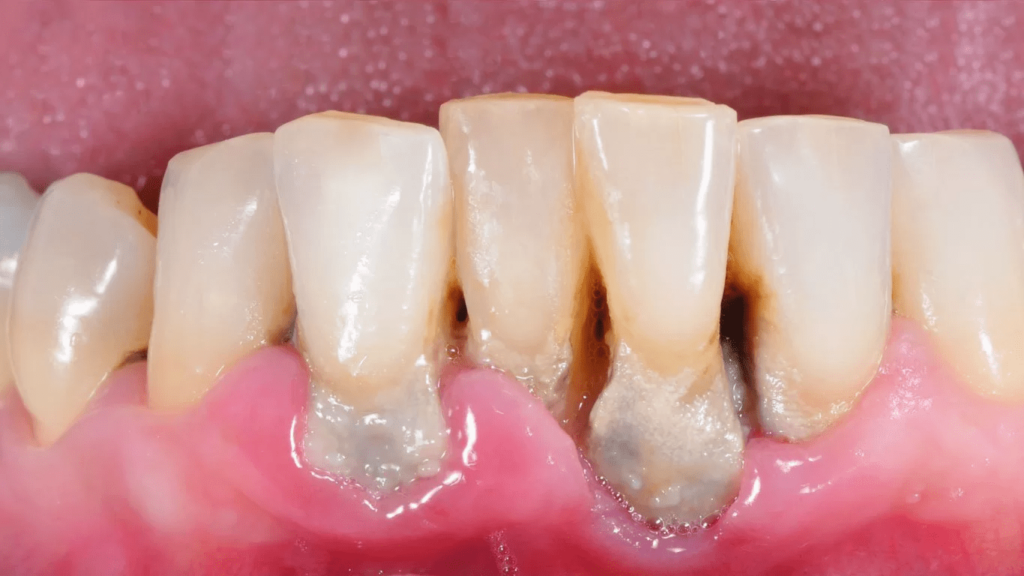At MyAshburnDentist, we’re dedicated to providing comprehensive information on gum disease, its causes, symptoms, and a wide range of treatment options. Your oral health is our priority, and we’re here to guide you through every step of your journey to healthier gums.
Understanding Gum Disease
Gum disease, also known as periodontal disease, is a common oral health issue that often starts with poor oral hygiene. It’s crucial to grasp its origins to take proactive steps in preventing and treating it effectively. Factors such as genetics, tobacco use, medical conditions, hormonal fluctuations, and certain medications can increase your susceptibility.


Recognizing Gum Disease
Early detection is key. Familiarize yourself with these indicative signs:
- Bleeding Gums: Gums that bleed during brushing or flossing.
- Swollen or Red Gums: Noticeable gum inflammation and discoloration.
- Bad Breath: Persistent halitosis can be a sign.
- Receding Gums: Gums pulling away from teeth, making them appear longer.
- Tooth Sensitivity: Heightened sensitivity to temperature changes.
- Painful Chewing: Discomfort or pain while eating.
MyAshburnDentist's Comprehensive Treatment Options:
Our tailored approach depends on the disease’s stage:
- Gingivitis: Early-stage gum disease is often reversible. We offer professional dental cleanings and guidance on effective oral hygiene practices.
- Periodontitis: For more advanced cases, MyAshburnDentist provides a range of treatments, including:
- Scaling and Root Planing: A deep cleaning to eliminate plaque and tartar below the gumline.
- Antibiotics: Prescribed when needed to combat bacterial infection.
- Surgical Procedures: For advanced periodontitis, surgical interventions like flap surgery or bone grafts may be necessary.


Preventing Gum Disease
Prevention is key to maintaining your oral health:
- Regular Dental Check-ups: Schedule routine check-ups and cleanings with our expert team.
- Proper Oral Hygiene: Maintain good oral hygiene practices, including brushing and flossing.
- Quit Smoking: If you smoke, consider quitting to reduce your risk of gum disease.
- Healthy Diet: Follow a diet rich in fruits, vegetables, and whole grains while limiting sugary snacks and drinks.
- Stress Management: Manage stress healthily, as it can impact oral health.

